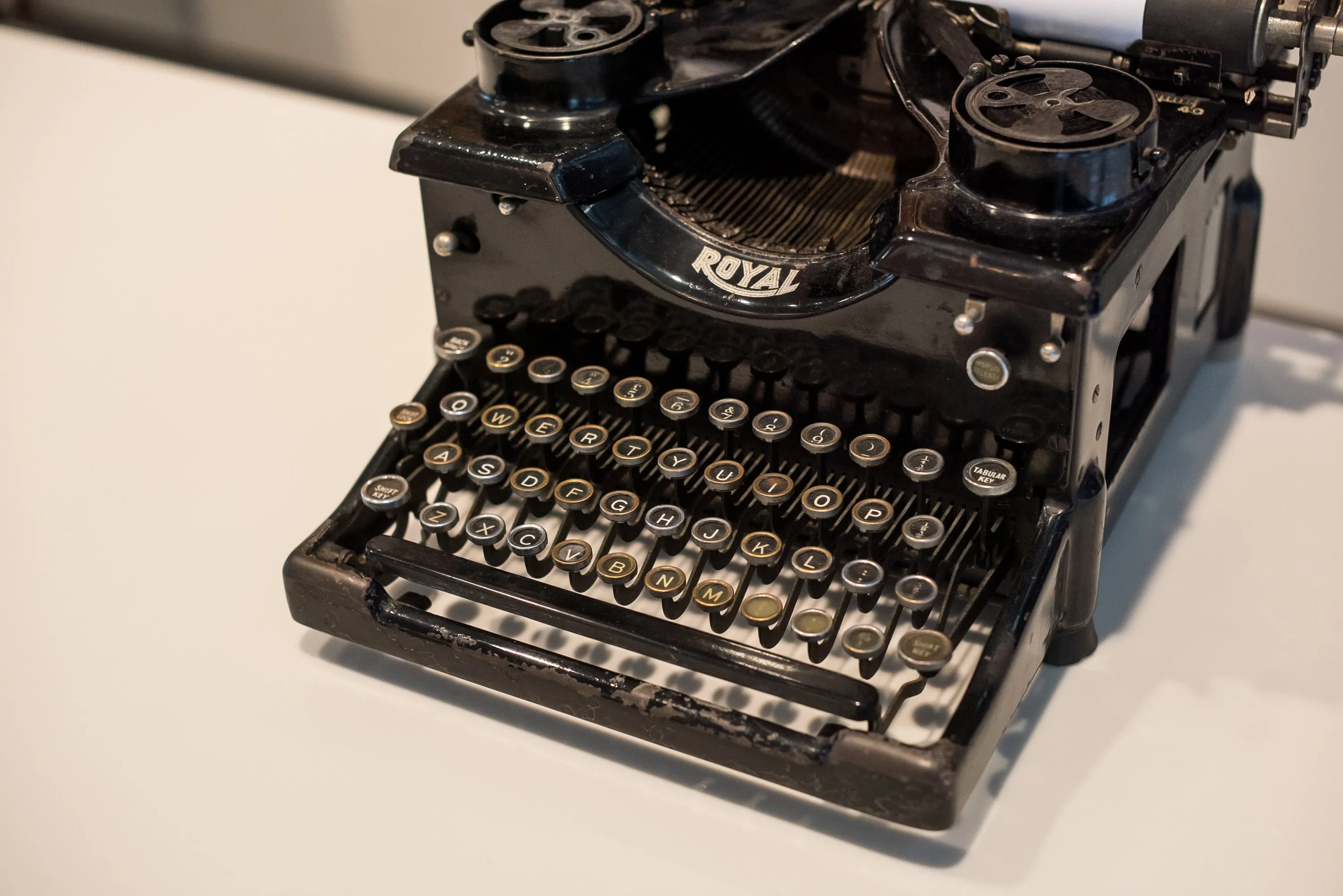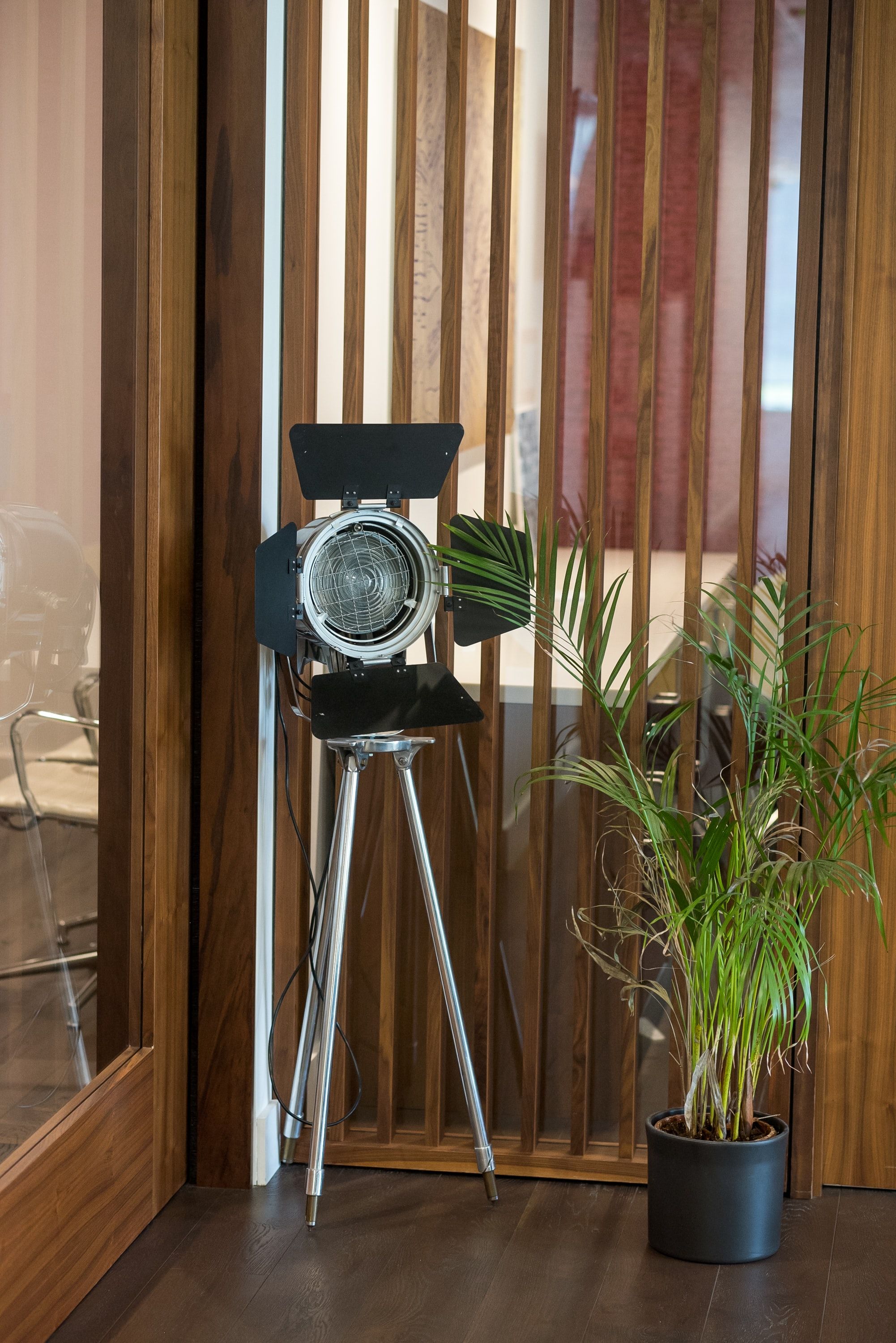
Please accept social media cookies to watch this video.
Here you can briefly describe your company. Lorem ipsum dolor sit amet, consectetuer adipiscing elit aenean commodo ligula eget dolor.
Lion Fondler (m/w/d)
Welcome! This website is (quite obviously) a small text generator. It's fairly self-explanatory - you put some text in the first box, and it'll convert it into three different small text "fonts" for you. To be clear, they're not actually fonts. You can tell they're not fonts because it's possible to copy and paste the small text generated into other websites (like your Instagram bio, a Tumblr post, etc.). You wouldn't be able to do that if it was just a font. So how is this copy and paste stuff possible? Well, to answer that question, we need to learn a little bit about Unicode.
Unicode is an international not-for-profit organisation that started in the 1980s as an effort to "unify" the "codes" for textual characters used in the computing industry. By "code", I just mean a number. Computers only understand numbers, and so you need to tell the computer which number refers to the letter "a", which one refers to the letter "b", etc. so that you can visualise them on a computer screen (otherwise you'd be reading ones and zeros right now). So the problem in the 1980s was that there wasn't a universally agreed-upon set of "rules" for which number refers to which character, and so every programmer was writing their own set of rules, and whenever their programs interacted with programs written by other programmers, they'd need to make specially designed "translators" to allow the programs to communicate. Unicode sought to solve this by creating an international standard - meaning that everyone would be using the same number-to-letter "rule book".
- Okay, so how does this relate to generating small text? Well, as it turned out, there were a bunch of people that weren't too interested in Unicode.
- They had specific character requirements that Unicode hadn't accounted for in their initial specification. So in order to get programmers and organisations to adopt the Unicode standard faster, Unicode began incorperating a bunch of weird symbols and rules that those people needed for their applications, and thus Unicode's full character set exploded to include include tens of thousands of different symbols, for many languages, and many arcane legacy systems.
- Along the way, it picked up a set of symbols which can be used to emulate "small caps" (an alphabet of small capital letters), and a somewhat incomplete set of subscript and superscript characters.
- So the small text letters that you see in the output box above are just a few of the 130,000+ symbols that are specified in the Unicode standard - just like the symbols that you're reading right now.
So while you might have thought that you were looking for small text fonts, it turns out that you're actually looking for small text symbols (or characters). People just assume it must be a font because they look different to normal characters - but so do emojis! And they're not a font - they're also characters in the Unicode standard. And that's pretty cool, because it means you can copy and paste the small text that this site generates into your Instagram bio, Twitter posts, Discord messages, Tumblr blog posts, YouTube comments, and just about anywhere else!
Small Caps
Small caps have a long typographical history. For the past several hundred years, they have been used in the print medium to create a aesthetic distinction (e.g. by linguists) or as a substitute for a long string of capital letters which may appear jarring to the the reader (e.g. for long acronyms). Check out the small caps Wikipedia page for more info.
As you might have noticed, the small caps Unicode alphabet is probably the most "complete" of the three glyph sets that the engine behind this website uses. The Q, X and S letters aren't quite right, but they're passable.
If you're trying to produce small caps with CSS (within your HTML document), you can use this code:
<span style="font-variant: small-caps;">Testing 123</span><span style="font-variant: small-caps;">Testing 123</span>You could instead use the small text characters generated by this website, but you'd be better off using CSS because the rendering will be better. But often you don't have access to HTML tags, and so that's where a generator like this might come in handy.
Like I said earlier, people often think that the text produced by this generator is a small caps font, when actually it converts your text into a set of small caps characters or "glyphs". However, if you're actually looking for a font that supports small caps, then you'll be happy to know that most fonts do support small caps in at least an "inferred" manner. That is to say, if the small caps unicode characters aren't explicitely in the font, then the renderer (the browser, word processor, etc.) should be able to automatically scale the regular Latin characters to create symbols that look like small caps. Of course, these won't look quite as good as if the small capitals were actually created by the type designer.
Here's the full small caps alphabet used by this generator:
ᴀʙᴄᴅᴇꜰɢʜɪᴊᴋʟᴍɴᴏᴘǫʀsᴛᴜᴠᴡxʏᴢ


